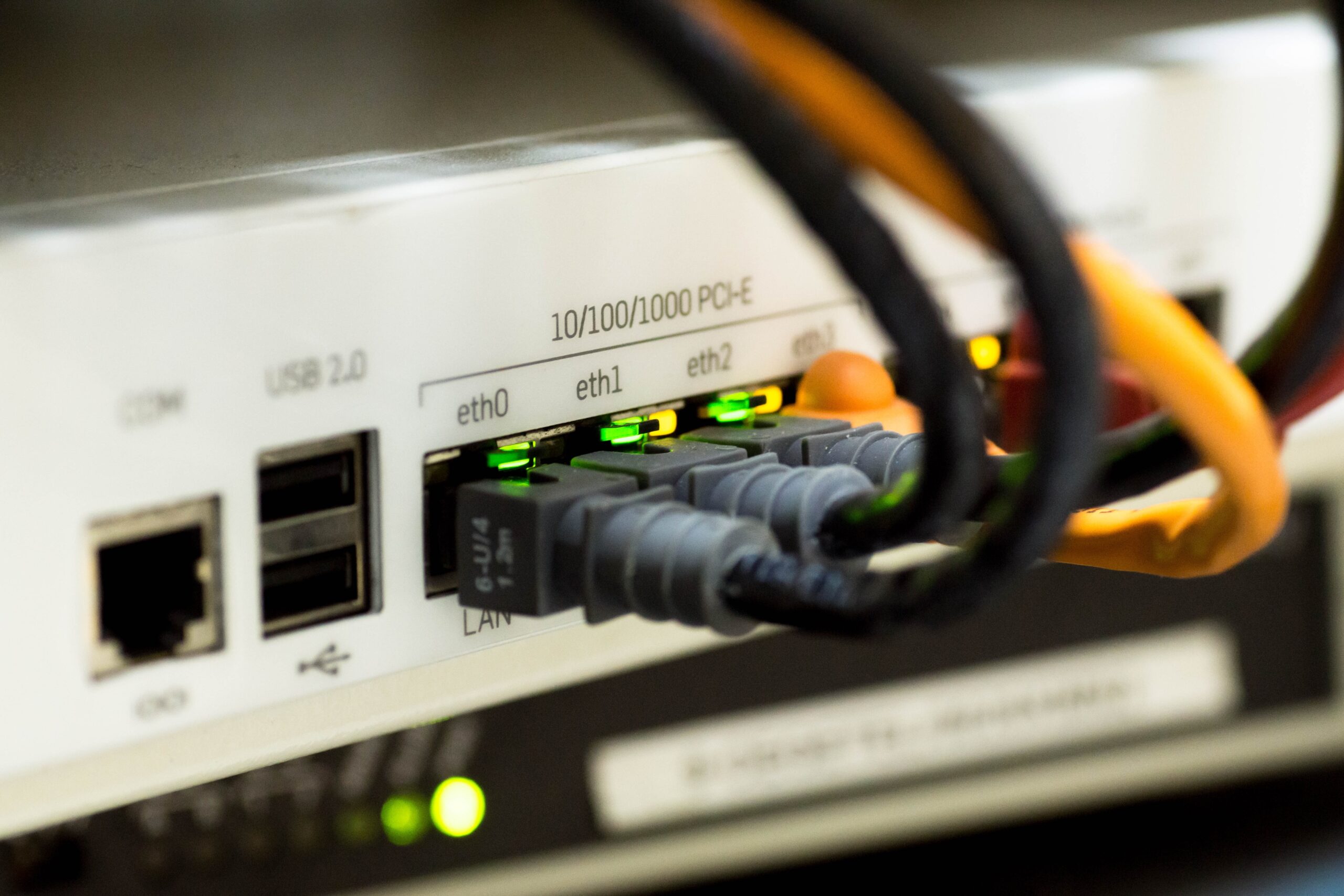

In today’s fast-paced world, technological advancements are revolutionizing every aspect of our lives. One such breakthrough that has garnered significant attention in recent years is lithium-polymer battery technology. These batteries have become the backbone of modern portable electronics and electric vehicles, offering remarkable advantages such as high energy density and extended lifespan. However, the escalating demand for lithium-polymer batteries raises a pressing concern: how can we responsibly manage their disposal and recycle them to minimize environmental impact? In this comprehensive guide, we will delve into the intricacies of lithium-polymer battery technology, exploring their structure, benefits, and the challenges associated with their recycling. Join us on this enlightening journey as we uncover the path to a more sustainable future.
Lithium-Polymer Battery Structure
Lithium-polymer batteries, often referred to as LiPo batteries, are a type of rechargeable battery that uses a solid or gel-like electrolyte, distinguishing them from traditional lithium-ion batteries. This unique structure enhances their flexibility, making them ideal for various applications, from smartphones to drones.
Advantages of Lithium-Polymer Batteries
Furthermore, these batteries boast numerous advantages over their counterparts. They offer higher energy density, meaning they can store more energy in a smaller and lighter package. Moreover, LiPo batteries have a lower self-discharge rate, ensuring they retain their charge for longer durations. They enable manufacturers to design sleeker and more compact devices by molding them into different shapes, in addition to these benefits.”
Environmental Concerns
Despite their advantages, the disposal of lithium-polymer batteries poses a significant environmental threat. When not properly managed, these batteries can leak harmful chemicals into the soil and water, contaminating the ecosystem and endangering aquatic life. Therefore, finding effective recycling solutions is crucial to mitigating these environmental risks.
Complex Recycling Process
The process of recycling lithium-polymer batteries is intricate and requires advanced technologies. Firstly, the batteries need to be collected and transported to specialized recycling facilities. Subsequently, they undergo a series of steps, including disassembly, shredding, and chemical treatments, to extract valuable materials like lithium, cobalt, and nickel. Moreover, these recycling methods need to be eco-friendly to ensure the overall sustainability of the process.

Emerging Technologies
In recent years, researchers and scientists have been tirelessly working to develop innovative recycling technologies. One such advancement is the use of hydrometallurgical processes, which involve extracting metals from batteries using water-based solutions. Additionally, the concept of urban mining, where valuable materials are extracted from electronic waste, has gained traction as a sustainable approach to resource recovery.
Community Initiatives
Moreover, community-driven initiatives have played a vital role in raising awareness about battery recycling. Numerous organizations and recycling centers have sprung up, encouraging people to dispose of their batteries responsibly. Furthermore, educational campaigns highlighting the importance of recycling and the potential hazards associated with improper disposal have been instrumental in driving change at the grassroots level.
In conclusion, lithium-polymer battery technology has undoubtedly revolutionized the way we power our devices. However, the responsible management and recycling of these batteries are paramount to safeguarding our environment and conserving valuable resources. As technology continues to evolve, it is essential for manufacturers, researchers, and individuals alike to collaborate and invest in sustainable solutions.
Click on the link for more Informative blogs: https://mycollegeassignment.com/blog/
Do you require any assistance with your assignments? We’re here to help you ! Now is the time to go http://www.subjectacademy.com https://www.instagram.com/mycollegeassignment/